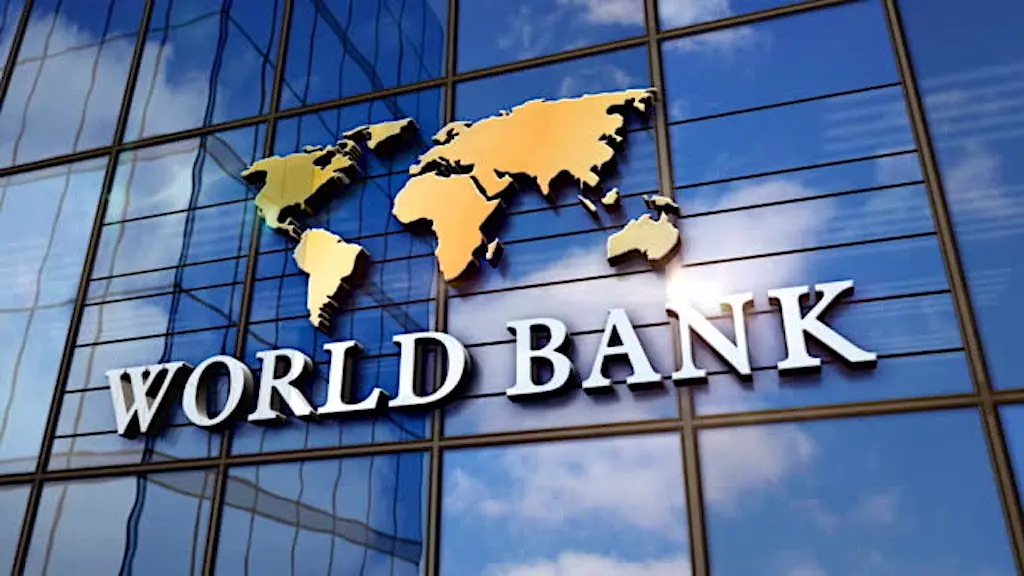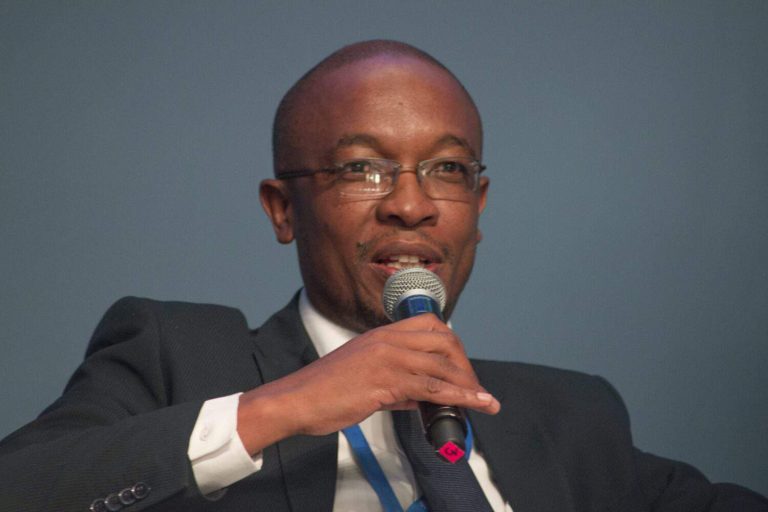
The World Bank has announced plans to invest up to $14 billion in global agribusiness by 2030 through a new programme known as AgriConnect, designed to turn smallholder farming into a sustainable and profit-driven enterprise.
The initiative was launched during the World Bank Group–International Monetary Fund (IMF) Annual Meetings, held under the theme “From Sectors to Systems: Building Job-Rich Economies at Scale.”
According to the Bank, AgriConnect is expected to generate millions of jobs while strengthening food systems, rural economies, and value chains in low- and middle-income countries.
A Shift Toward Systemic Economic Growth
World Bank President Ajay Banga described AgriConnect as a major evolution in the institution’s approach, from funding isolated agricultural projects to building interconnected economic systems capable of creating long-term employment and resilience.
“We’ve set a target to double our agribusiness commitments to $9 billion annually by 2030, aiming to mobilize an additional $5 billion,” Banga announced at the launch event, AgriConnect: Farms, Firms, and Finance for Jobs.
He added that the initiative builds on tested strategies and shared lessons:
“Steal shamelessly and share seamlessly; that is how we succeed together.”
Bridging the Gap for Smallholder Farmers
The World Bank highlighted that family farms including more than 500 million smallholders produce roughly 80 percent of the world’s food, yet many still lack access to markets, financing, and modern technology.
Through AgriConnect, the Bank is calling on governments, private investors, and development partners to collaborate in bridging these gaps and turning agriculture into a key driver of employment and economic growth.
Priority areas will include investments in infrastructure, digital innovation, and policy reforms that empower farmers to boost productivity, link to value chains, and access affordable finance.
Youth Employment at the Core
Banga emphasized that job creation remains central to the World Bank’s mission of ending poverty on a livable planet, noting that more than one billion young people are expected to enter the global workforce within the next decade.
“Jobs remain the most reliable route out of poverty,” he said. “They provide dignity, stability, and hope. Through AgriConnect, we are connecting the dots between farms, firms, and finance to deliver those opportunities at scale.”
A Broader Push for Job-Rich Economies
Beyond AgriConnect, this year’s Annual Meetings brought together government officials, private sector leaders, and civil society representatives to discuss strategies for building job-rich economies at scale.
The World Bank’s Development Committee, representing all 189 member countries, reaffirmed its commitment to a faster, more responsive institution capable of achieving measurable impact.
Meanwhile, the Leaders’ Speaker Series featured prominent voices such as Mona Mourshed, CEO of Generation, and Rania Al-Mashat, Egypt’s Minister of Planning and International Cooperation, who shared insights on aligning education, innovation, and policy with employment goals.
The AgriConnect launch capped a week of collaboration and dialogue emphasizing partnership, trust, and shared responsibility as the foundation for sustainable global development.



